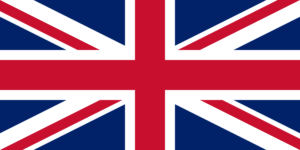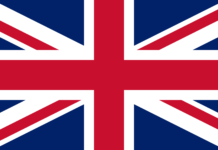EU Gymnych meeting in Bucharest
Romania’s capital Bucharest hosts a two-day EU Gymnich meeting starting on Thursday. EU’s High Representative for Foreign Affairs and Security Policy Federica Mogherini is expected to preside the talks. The so-called Gymnich meeting is an informal meeting of the foreign ministers of EU Member States, organised according to the rotating Presidency of the Council of the European Union since 1974. Each member state ensuring the six-month rotating presidency of the EU is expected to host such meetings. The meeting received its name from the first of such events at Gymnich Castle in Erftstadt, Germany.
Former PM quits ruling PSD
Former prime minister Mihai Tudose has followed Commissioner Corina Crețu quitting Romania’s ruling Social Democratic Party (PSD). Mr.Tudose, who was Romania’s prime minister between June 2017 and January 2018, announced his decision via Facebook on Tuesday (29 January). He was defecting to the newly created social-liberal party Pro Romania led by Victor Ponta, another former prime minister. The move comes after other leading PSD members also decided to join Mr. Ponta’s party. EU Commissioner for Regional Policy Corina Crețu also announced her resignation and said she will run as a Pro Romania candidate in the EU parliamentary elections in May. Such defections made the PSD ruling coalition to lose its absolute majority in parliament’s lower house.
Flu epidemic confirmed in Romania
Romanian Health Minister Sorina Pintea declared a nationwide flu epidemic on Wednesday. The announcement comes after flu death toll hit 54 since early January. Medical experts pointed out that best ways to prevent flu were the vaccins, and it was never too late to do so. However, vaccination rate in Romania is only 8 percent, which places the country third from last among the European states after Estonia and Latvia. The European Center for Disease Prevention and Control (ECDC) and the World Health Organisation (WHO) Regional Office for Europe jointly report on the influenza situation in the wider European region covering 53 countries of the WHO European Region (including the EU Member States).
Alexandru Danga, RADOR








